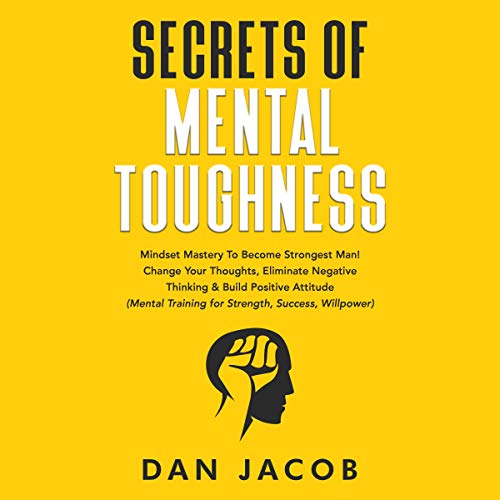
# **Why Karma Isn’t a B**h: Grasping the Profound Truth of Cause and Effect**
Karma stands as one of the most misinterpreted ideas in contemporary society. Individuals frequently utter phrases such as *“karma’s a b**h”* whenever they observe someone facing an unforeseen consequence due to their actions. But is karma genuinely about immediate cosmic retribution? Is it a sort of universal vengeance mechanism that guarantees wrongdoers receive their due?
The reality is that karma encompasses much more depth than that. It is not a mechanism of punishment or reward; instead, it mirrors our own actions, behaviors, and decisions. By taking charge of our lives, we can utilize karma to uplift ourselves rather than viewing it as a means of vengeance.
Let’s disrupt the cycle of popular misconceptions and explore the deeper reality: **Karma isn’t a b**h—it is merely action.**
—
## **Comprehending Karma: More Than Just Instant Retribution**
At its essence, the Sanskrit term *Karma* (कर्म) directly translates to *action*. More notably, karma pertains not only to what occurs to us—it reflects how our decisions shape our lives over time.
We often wish for karma to function like a swift-boiling kettle. If someone harms us, we anticipate the universe to retaliate right away. Yet in reality, karma resembles planting a seed. Some seeds germinate quickly, while others may take years to flourish. The repercussions of our actions—both positive and negative—unfold gradually.
If karma operated as an instantaneous reaction system, life would be considerably easier. Instead, we find ourselves in a world where actions echo through time, weaving intricate webs of consequences. Occasionally, decent people encounter hardships, and those who emit negativity may prosper—at least temporarily. However, every action is part of a grander cycle, and how we interact with that cycle shapes our future.
—
## **The Cycle of Habit: Are You a Passenger or a Creator?**
Visualize karma as a roller coaster. Most individuals board the ride without realizing their choices dictate the speed, path, and duration. Without mindfulness, we become trapped in habitual cycles—repeating the same loops time and again, confusing motion for advancement.
Reflect on this:
– If you consistently engage in negative thinking, your mind will start to filter reality in a manner that upholds those beliefs.
– If you habitually act without self-awareness, you unknowingly reinforce behaviors that might not benefit your future.
– If you fail to intentionally mold your habits, you turn into a marionette controlled by your past experiences.
This is the **genuine** essence of karma—not some enigmatic avenger, but the recurring patterns of thought and action that shape our existence.
**Good news?** If you are accountable for your karma, you also possess the ability to transform it.
—
## **Liberating Yourself from the Cycle: Awareness & Intention**
Karma does not ensnare us. **Ignorance of karma is what ensnares us.**
You are not condemned to rehearse the same narrative repeatedly. Acknowledging your karmic tendencies is the initial step to rewriting your story.
Picture this situation:
– If you remain out late drinking tonight, you will likely rise feeling groggy tomorrow.
– If, however, you retire early and meditate, you will awaken feeling invigorated.
Neither of these scenarios constitutes a *punishment* or a *reward*—they are merely the natural outcomes of your decisions.
Likewise, in relationships, career choices, and moments of compassion or unkindness—the reality you cultivate is the result of the seeds you sow. The secret rests in the **deliberate intention** underlying each action.
Do you find yourself repeatedly entering unhealthy relationships?
Are you stuck in toxic work situations?
Do you pursue happiness in external circumstances, only to feel unfulfilled afterwards?
Examine your patterns. If you evade self-reflection, life will continue to present the same lessons until you grasp them. This too is karma.
—
## **Karma Yoga: The Route to Liberation**
The ancient discipline of **Karma Yoga** educates us on how to break karmic cycles through deliberate action. The aim isn’t accumulation—it’s emancipation.
### **There exist three forms of accumulated Karma:**
1. **Sanchitta Karma** (accumulated karma) – The total of previous actions.
2. **Prarabdha Karma** (current unfolding karma) – The effects currently taking place.
3. **Agami Karma** (upcoming karma) – The consequences arising from present actions.
Most people react to karma unconsciously, repeating past patterns. However, **Karma Yoga** guides us to act with awareness, enabling us to relinquish past attachments and forge a new course.
How? The transition is straightforward yet profound:
Instead of inquiring, **“What can I receive?”**, ask **“How can I help?”**
Instead of acting from **self-serving motives**, act